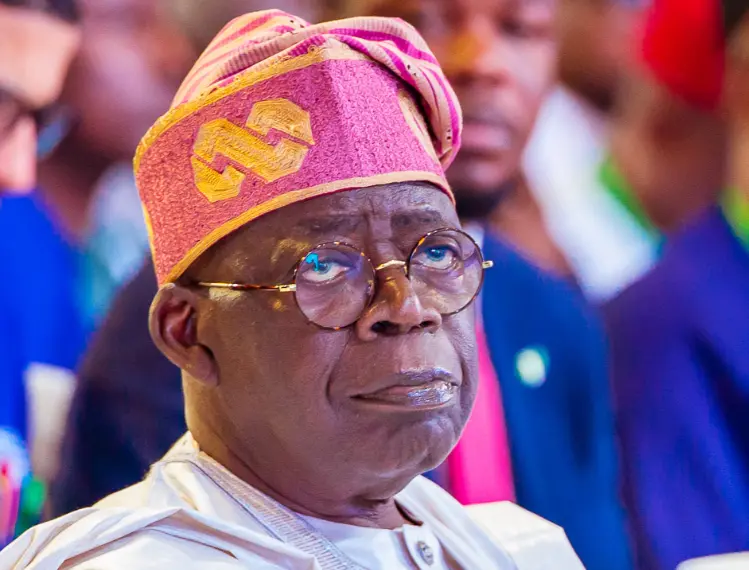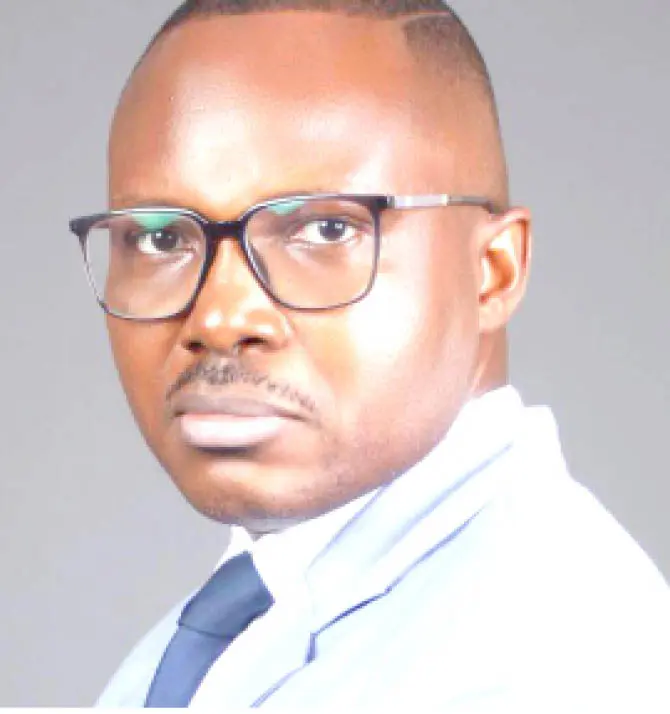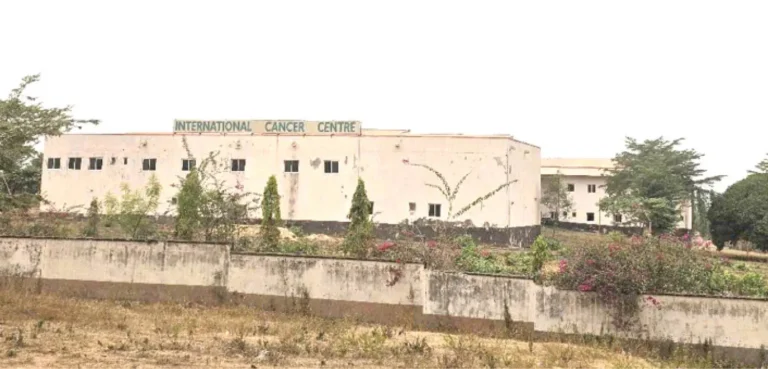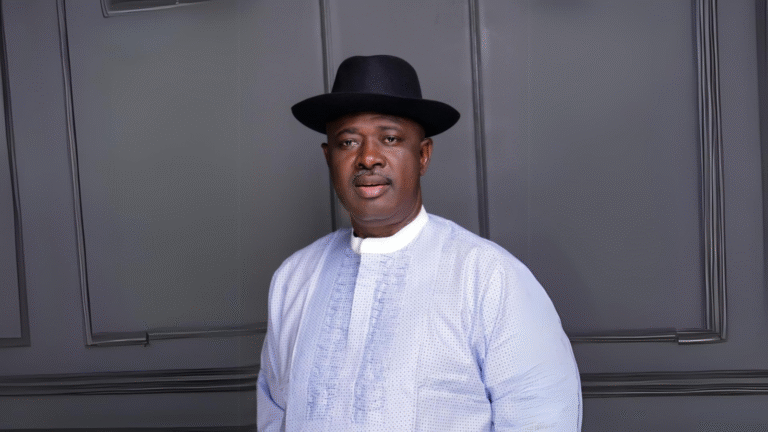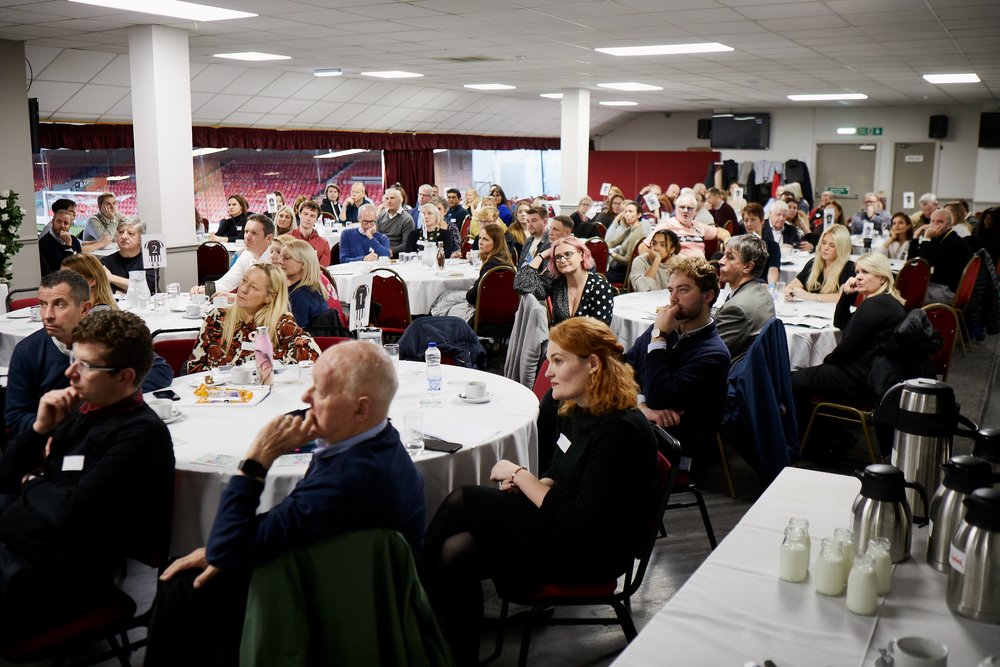
By Dumbi Johny
Politicians are suddenly awake. The ‘smartest beings’ in existence think it is time to say a few words to the Nigerian people. Power belongs to the people and it is time to wrest it from them democratically. The rituals of declarations, politicking and winning elections centre on politicians and their interests.
When would they start talking about the people? If it is not zoning, it is about the worthiness of individuals for positions because some groups think so. Nobody is talking about the people, millions of impoverished Nigerians who had a pain-filled past, a peripheral present and a fractured future.
They yearned for years for democracy. In its 25th year, democracy has been everything except that it has not met the expectations for jobs, health, food, education, transportation and vitally, spaces for Nigerians to express themselves about the type of country they want.
People know less about their country. Politicians have made it a duty to ensure issues are befuddled beyond debate. Politics are about power for individual interests that work against the common good. The effort at shutting others out of the political space is the quintessential definition of politics in these parts.
Nothing is more important to politicians than grabbing power. They can give anything to be in power and once there, they would move against anyone or anything that suggests power is transient. Where do these leave the people?
Our people are alienated from power and the dividends — as politicians call them — that flow from being in control of our resources. The abuses from politicians not being accountable to anyone and their parties being platforms that lack any commitment to ideas for the advancement of society paint pictures of a frightening future, a future politicians side-track as they talk about providing for immediate needs, an area in which the failures are still colossal.
Promises are filling the air, but they are at best empty. Power is the air politicians breathe. They breathe better when they know people are too burdened with pressures of daily existence to bother about politicians. Power is everything. It gives them opportunity to decide who have access to national resources. With power, they can determine everything, almost everything.
What is the peoples’ attention worth except that they would vote on the decided day? What have promises changed in the past 25 years? Are the promises not garnished versions of ones used in 1999, 2003, 2007, 2011, 2019 and 2023? Politicians are sounding as if they were not part of the deceit of those days. Some of them are pretending shock at the decay their tribe has heaped on Nigeria.
Politicians, who promised to serve us, became our masters in record time and always have the guts to remind us that their privileged positions were divinely ordered: we risk the anger of the Almighty if we criticise them.
Statistics point to the depreciating quality of Nigerian life, with ordinary water-borne illnesses ravaging our people. Billions of naira, acquired through whatever means, would be splashed on the contests for power, good investments with profit in record time.
Water, which if available, in the right quality, would abolish many of our illnesses, including cholera, remains scarce. The health system is comatose. Education, housing, roads, job creation, rural development and human rights witness growth only in statistics.
Across the country the story is the same, of the nation’s unprecedented generous attention to projects that have failed to improve the quality of our lives. Projects mired in the past are in forecasts for our future.
Politicians are back, sweet talking the people. They are hunting for votes. Promises of transforming Nigeria are made without concrete proposals on how it will be done. None of the earlier perfidies visited on Nigeria make an impression on those who desire to despoil it again. Violence in intra-party elections and incendiary campaigns are bad signals and they should be controlled.
Nigerians have to vote wisely and it starts from the primaries of the various parties. Candidates must be those who can liberate the country from the shackles of those waiting to finish off what is left of it.
The same vicious clan, whose interests are against the people, are scheming to warehouse power and the attendant resources that they think are for their selfish uses. Everyone who has a part to play in these testy elections must be committed to free and fair elections, not only being desirable, but possible.
Debates about the future of Nigeria are important for the advancement of the larger society. The debates would produce more ideas, improve on existing ones and build the towers of ideas from which Nigerians would draw to improve their country.
Those whose interests are only about the present are interested in Nigeria only fleetingly — they are dangerous.




